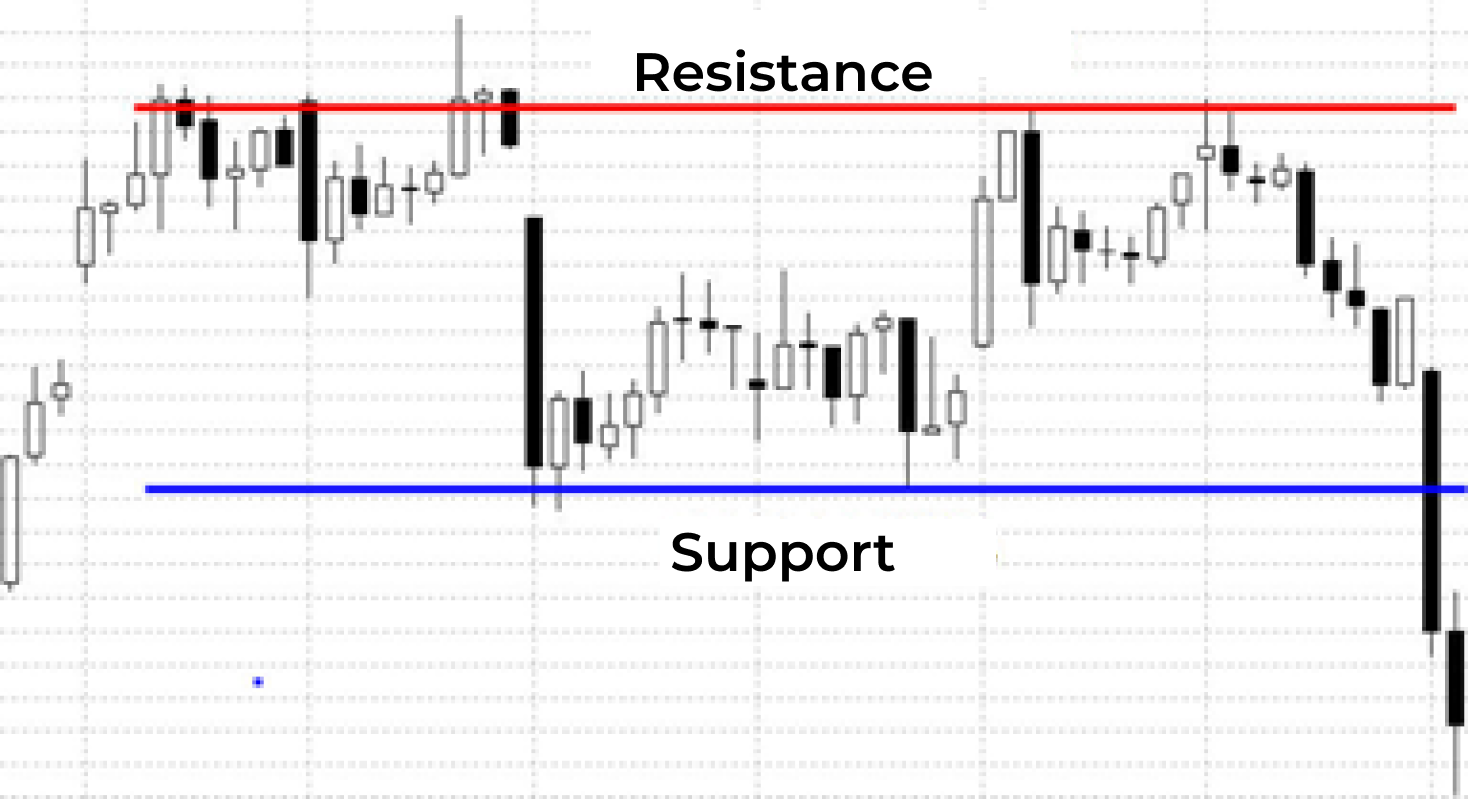Stock indices indicate changes in the value of certain groups of stocks. An index reflects the dynamics and the current state of the stock market as a whole. For example, FTSE 100 shows changes in the stock price of the 100 companies with the largest market capitalization traded on the London Stock Exchange, while S&P 500 deals with the 500 largest US companies.
What does Dow Jones indicate?
Indices have occupied an important place in the financial markets for a long time. The first index was created by Charles Dow back in 1896 and was named the Dow Jones Industrial Average. It tracks the development of the industrial component on the American stock markets. Initially, it included the 12 most influential American companies, today their list has expanded to 30.

Since it’s impossible to track the stock price of every company in a country, all stock exchanges have their own reference stock index or several indices to help traders and investors determine the overall performance of a particular market. Stock indices are indispensable for analyzing the performance of financial markets and individual companies in these markets.
How are stock indices calculated?
At the time of the first index, calculations weren't easy. Nowadays, there is a universal formula used by most stock exchanges: a weighted average formula for determining the value of an index.
The formula looks like this: Stock weight = Stock price x Number of stocks / Market capitalization of all stocks
Benefits of trading indices
Index trading is very popular with traders due to the highest profitability. Let’s turn to specific numbers for illustrative purposes.
- The return on Dow Jones over the past 5 years has been 100% (20% per annum)
- The return on S&P500 over the past 5 years has been 190% (38% per annum).
These numbers refer to index contracts only, excluding margin rates when using CFDs. The best trust funds show a yield of 10–15% per annum. Minus the fund’s commission. The numbers speak for themselves.
Index trading strategies
The most important trading strategy in the index market: not to try to keep up with every trend. Determining the right amount of deposited funds to use for trading with this instrument is the key to success.
Let’s look, for example, at the one of the classical trading strategies for indices:
- Draw Support and Resistance lines at the previous day’s highs and lows;
- Set Take Profit at 1/3 ATR for the previous 20 days;
- Don’t set Stop Loss at all, as we will close deals manually.

In this case, when the chart crosses the lower level, a buy order is opened, if the upper one, then a sell order. It is better to place trades on the market without using pending orders, to avoid triggering false signals. We advise you not to open orders less than an hour before the close of the trading session, as well as if the day opens with a strong swing.
In the arsenal of Grand Capital there are CFDs on 12 indices, among which you can find major American, European, and Asian indices.

In previous articles on choosing a trading instrument, we have already talked about the peculiarities of trading currency pairs, cryptocurrency and CFDs on stocks. In the following articles in this series, we’ll talk about other popular instruments so that you can make your own decision and choose the suitable assets for your trading.











